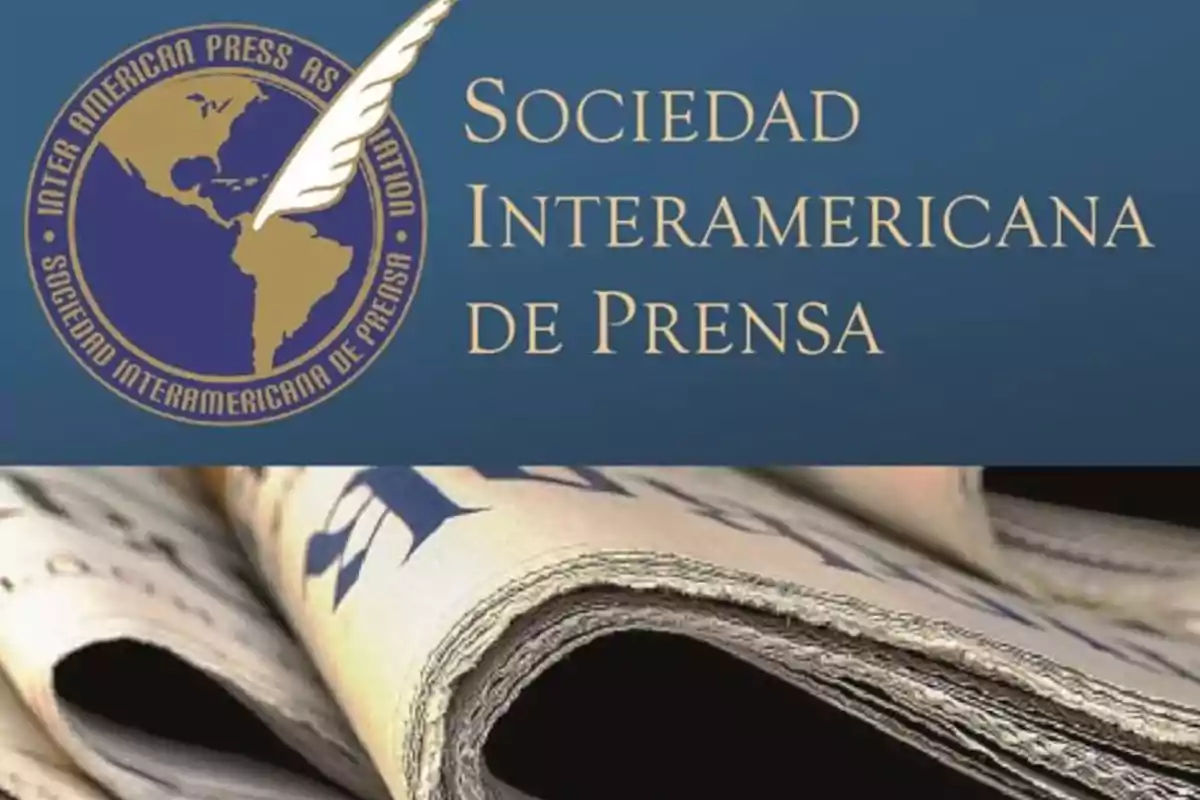
The IAPA warned that the Intelligence Law puts press freedom at risk
The Inter American Press Association warned about impacts on privacy and journalism
The Inter American Press Association (IAPA) expressed its concern about the recent Intelligence Law passed in Ecuador. From its headquarters in Miami, the organization warned that this legislation could become an instrument of control over freedom of expression and journalistic activity.
The law was enacted after its approval in the National Assembly on June 10 and has raised concerns for allowing the interception of communications without a court order. In addition, it requires telecommunications operators to provide detailed data about their users, which raises fears of indiscriminate surveillance.
According to Article 51 of the regulation, companies must provide everything from historical information to real-time location of users, which, according to IAPA, could intimidate journalists and promote self-censorship. José Roberto Dutriz, IAPA president, described this aspect as "a direct threat to privacy and the protection of journalistic sources."

Martha Ramos, head of IAPA's Press Freedom Commission, warned that these measures can be used to persecute those who criticize those in power or investigate matters of public interest. The organization also recalled that Ecuador signed the Declaration of Chapultepec and the Declaration of Salta, committing itself to respect democratic principles and the free exercise of journalism.
The Salta II Declaration establishes that digital surveillance should only be allowed under a court order and legitimate purposes framed in human rights treaties. Mass surveillance, according to this document, "is not acceptable under any circumstances," emphasizing that individuals must have access to and control over their data.
The regulation to implement this law will be ready in December, but various voices from the media and civil rights sectors are already calling for a review of its scope. The debate continues while concern grows that national security measures may become tools of censorship.
IAPA urges the authorities to guarantee transparency and limit any attempt to undermine press freedom. The use of technology for security can't justify the erosion of essential rights in a democracy.
More posts: